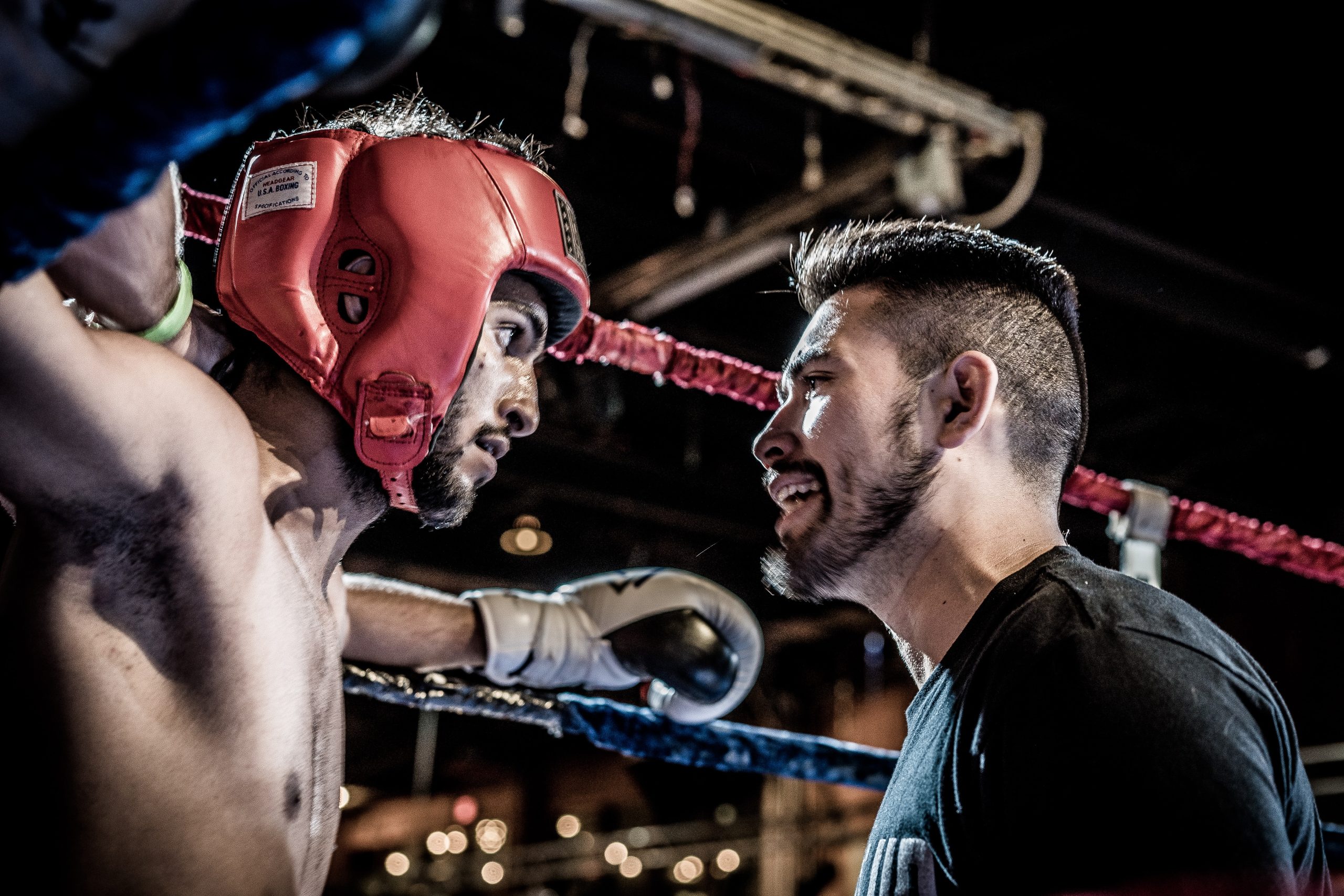Mixed Martial Arts (MMA) is a full-contact combat sport that draws from multiple martial art disciplines such as boxing, wrestling, and jiu-jitsu. With concerns about the risks of Chronic Traumatic Encephalopathy (CTE) associated with MMA, some individuals have called for the sport’s permanent ban. However, there are compelling reasons why MMA should not be banned.
One of the primary reasons is that MMA is already regulated by organizations such as the Ultimate Fighting Championship (UFC), which have implemented strict safety measures and rules to protect fighters and ensure a level playing field. Weight classes, protective equipment and prohibitions on risky moves such as eye gouging and blows to the back of the skull are all examples of how the sport is regulated.
MMA regulation incorporates weight classes to match fighters with opponents of comparable size, which reduces the risk of injury during matches. Protective gear such as gloves, mouthguards and cups must be worn to further decrease the danger. Due to the potentially fatal nature of certain techniques, such as eye gouging and blows to the back of the skull, they are forbidden. Despite the notion that MMA is a “no-holds-barred” sport, the rules are stringent to uphold an exciting environment while ensuring fighter safety.
Referees and judges play a critical role in ensuring the safety of the fighters during MMA competitions. Referees monitor the action and intervene if a fighter is in danger or breaks a rule. Judges score the fights based on specific criteria, such as strikes, takedowns, grappling and aggression to determine the winner. Governing organizations are responsible for enforcing the rules and regulations to maintain a safe and fair environment for everyone involved.
MMA provides a legal and lucrative opportunity for fighters to support themselves and their families. Removing this career option could leave them with limited income sources, potentially leading to financial struggles. In some cases, fighters may resort to participating in dangerous and unregulated activities, such as underground street fights, which could result in severe injuries or fatalities.
Banning MMA would strip fighters of their means to earn income. It would also lead to the loss of numerous jobs for trainers, event personnel and commentators, potentially leaving tens of thousands of people unemployed. For many fighters, MMA provided a path away from difficult circumstances; depriving them of this opportunity could make it difficult to achieve success. Furthermore, a ban would deny young athletes the chance to pursue MMA as a career or hobby, potentially depriving them of an opportunity to better their lives. The mental, physical and emotional toll of losing MMA as a form of self-expression and as a profession would be devastating to those who rely on it.
MMA should not be banned for legal and constitutional considerations either. The First Amendment protects an individual’s right to speech. MMA fighters can express their culture and talents through this profession. MMA is an activity between consenting adults intent on demonstrating their hard work and dedication; a ban on the sport could be considered a violation of their right to free expression.
When fighters choose to participate in this sport, they are fully aware of what they are signing up for. Additionally, the sport draws large crowds who recognize its value, as evidenced by the boost in economic activity and job opportunities it creates. MMA, like boxing, is a profession that showcases a fighter’s talent and determination through hand-to-hand combat. This is why many people worldwide hold the sport in high esteem. Banning mixed martial arts would not only affect the sport’s cultural history but also its rich tradition of blending tactics from martial arts around the world.
MMA has a devoted fan base and a culture that continues to evolve, making it an important part of many people’s lives. Outlawing the sport would erase its history and tradition and negatively impact long-time supporters and competitors who have dedicated their lives to it. MMA should be recognized for its value and rapidly increasing popularity, not banned. With proper regulation and safety measures in place, MMA can continue to thrive as a sport.


















Ban that crap.
Every bit of this drivel amounts to a series of weak justifications for something that in any other context would be criminal. Take cock fighting as an example. It’s morally acceptable (vegans excepted) to slaughter poultry for food, but cock fighting isn’t legal because it’s deemed as cruelty to animals. You could excuse the cruelty by pointing to the lucrative nature of the “sport” and how much money it’d make for owners of the cocks and the trainers etc, but does profit excuse cruelty? Does the fact something cruel can be monetized and people enjoy participating in the cruelty excuse the cruelty?
Child prostitution existed for millennia, too, and was a big part of “culture” and was “an important part of many people’s lives” but it was recognized, finally, as exploitative and degenerate and banned. Many exploitative and degenerate activities have been banned because they were finally recognized as harmful. And something being “cultural” shouldn’t ever outweigh all other concerns–it’s possible for something to be cultural but actually harmful to the entire society because it’s just a poison administered through that culture.
MMA and all the other blood sports should be banned. There’s no justification for having people beat one another to a pulp for profit.
It shouldn’t be banned
I ahhgree
I agree it shouldn’t be banned retard.
MMA fighters are willing participants who get paid for it. That’s the difference. They can choose not to do it.